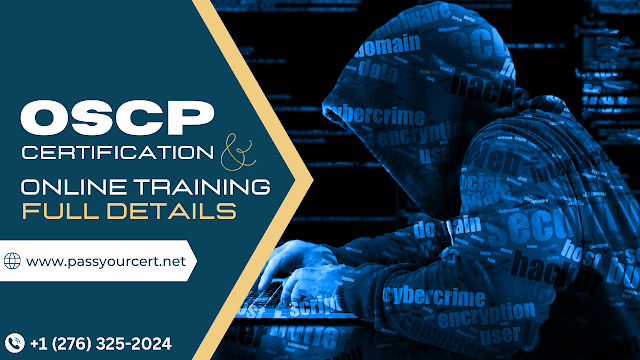Preparing for the NCBE NextGen Bar Exam: A Comprehensive Guide
The NextGen Bar Exam, developed by the National Conference of Bar Examiners (NCBE), represents a transformative step in legal education and assessment. Set to launch in July 2026, this exam moves beyond traditional memorization-based testing to focus on practical legal skills and real-world application.
Below, we provide an in-depth guide to help law students and educators understand, prepare for NCBE NextGen Bar Exam, and succeed with this innovative examination format.
Understanding the NextGen Bar Exam
Key Features and Structure`1
The NextGen Bar Exam introduces significant changes to the traditional bar examination format:
-
Duration and Sessions: The exam spans nine hours, divided into three three-hour sessions over a day and a half.
-
Components:
-
Approximately 40 multiple-choice questions.
-
One performance task.
-
Two integrated question sets.
-
-
Integrated Testing Format: Candidates will encounter multiple question types centered on realistic legal scenarios. This approach merges legal theory with practical application, emphasizing real-world problem-solving skills.
Timeline for Implementation
The NCBE has outlined a detailed timeline to ensure a smooth transition:
-
Prototype Testing: Late 2024 to early 2025 will see prototype tests administered to gather feedback.
-
Passing Scores: By the third quarter of 2025, the NCBE will finalize passing score benchmarks.
-
Exam Launch: Full implementation is scheduled for July 2026, requiring students and institutions to adjust their preparation strategies accordingly.
Focus Areas of the NextGen Bar Exam
Lawyer Skills and Practical Application
Unlike traditional bar exams, the NextGen Bar Exam emphasizes:
-
Client Counseling and Negotiation: Candidates will demonstrate their ability to interact with clients and resolve disputes.
-
Legal Research and Writing: Practical exercises will test the ability to draft memoranda, briefs, and other legal documents.
-
Problem-Solving in Real Scenarios: Integrated question sets require candidates to address multi-faceted legal issues in practical contexts.
Knowledge Domains
The exam assesses proficiency across eight core areas of law and seven practical skill sets. These include foundational legal principles as well as the ability to apply them in realistic, client-focused scenarios.
Impact on Legal Education
Curriculum Shifts
Law schools must adapt to the new exam by restructuring their curricula:
-
Emphasis on Practical Learning: Classroom exercises will increasingly incorporate simulations, role-playing, and client interactions.
-
Integrated Courses: Subjects like legal writing, client counseling, and negotiation will take center stage.
Institutional Support
To ease the transition for students, law schools should:
-
Offer specialized courses and workshops focused on practical skills.
-
Provide resources for active learning, such as case studies and mock trials.
Preparation Strategies for Students
Developing Practical Skills
Students should prioritize active learning over rote memorization:
-
Engage in Simulations: Participate in moot courts and negotiation exercises.
-
Collaborate in Study Groups: Peer discussions help refine problem-solving techniques.
-
Leverage Specialized Resources:
-
BARBRI’s NextGen Bar Exam course.
-
JD Advising’s materials and guides.
-
Choosing the Right Courses
Select electives and workshops that focus on hands-on experience, such as:
-
Legal writing and research.
-
Client interaction and advocacy.
-
Negotiation and alternative dispute resolution.
Challenges and How to Overcome Them
Adjusting to a New Format
The shift from a memorization-based exam to a skills-focused one poses challenges:
-
Time Management: With fewer questions and integrated formats, time management becomes critical.
-
Skill Application: Students must demonstrate not only knowledge but also the ability to apply it effectively.
Overcoming Anxiety
Preparation is key to managing stress:
-
Mock Exams: Familiarize yourself with the format by taking practice tests.
-
Workshops and Counseling: Seek academic and psychological support from your institution.
Conclusion
The NCBE NextGen Bar Exam is more than a test—it’s a comprehensive assessment of a candidate’s readiness to practice law in real-world contexts. By prioritizing practical skills, integrated learning, and hands-on preparation, this exam sets a new standard for legal education. Students and educators alike must embrace these changes to ensure success in the evolving legal landscape.


%20656-0395%20(3).png)

Comments
Post a Comment